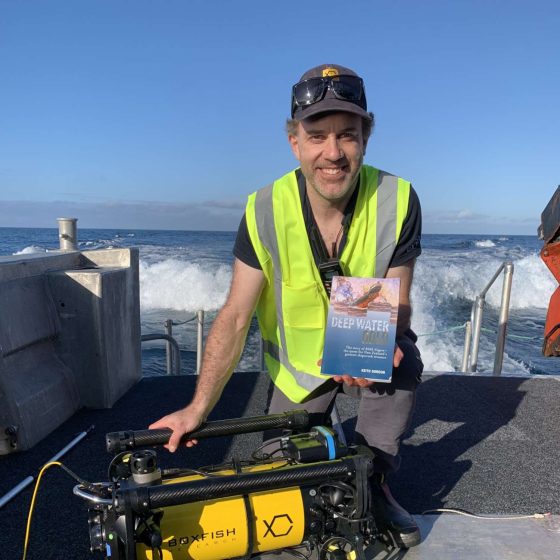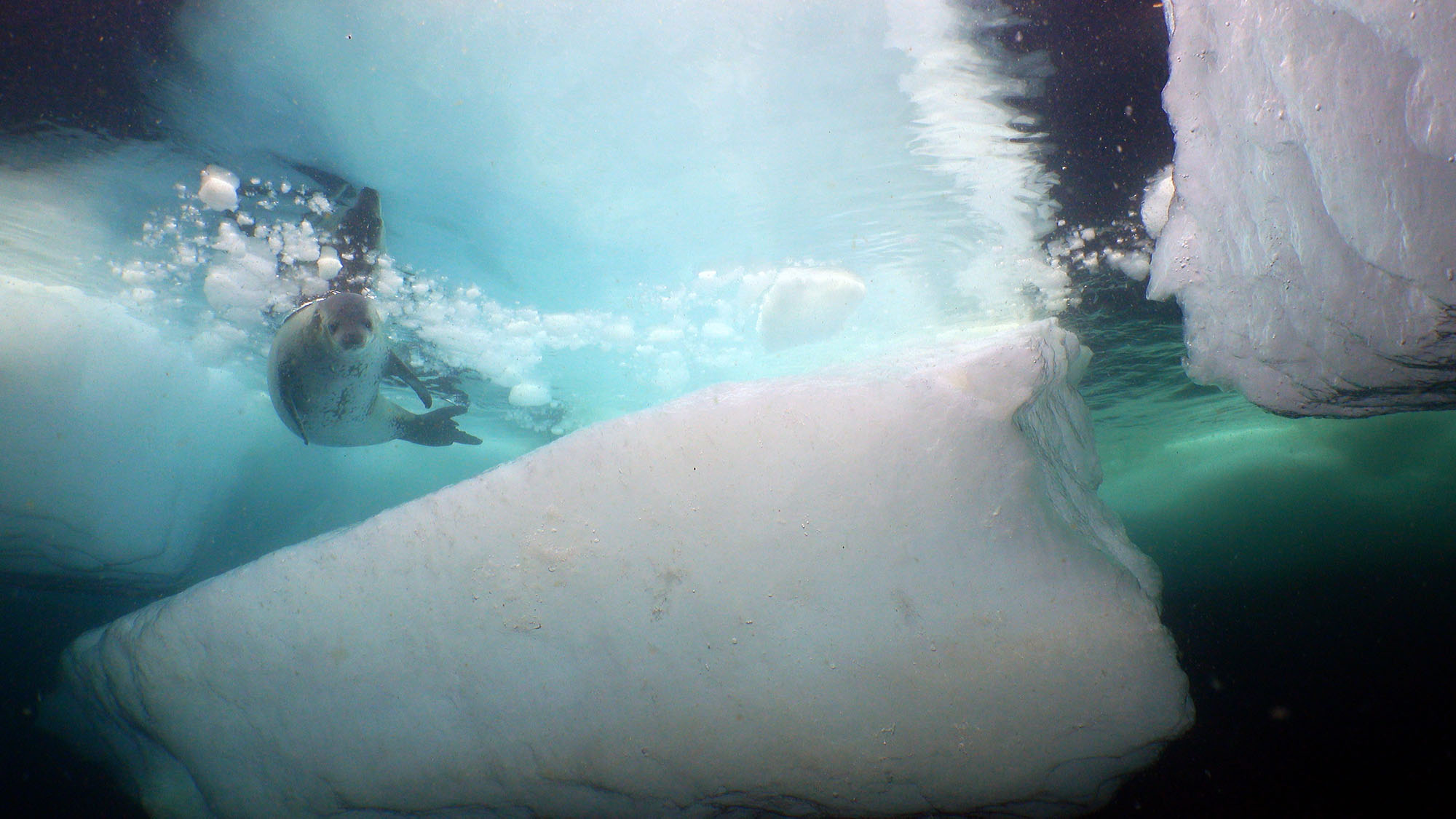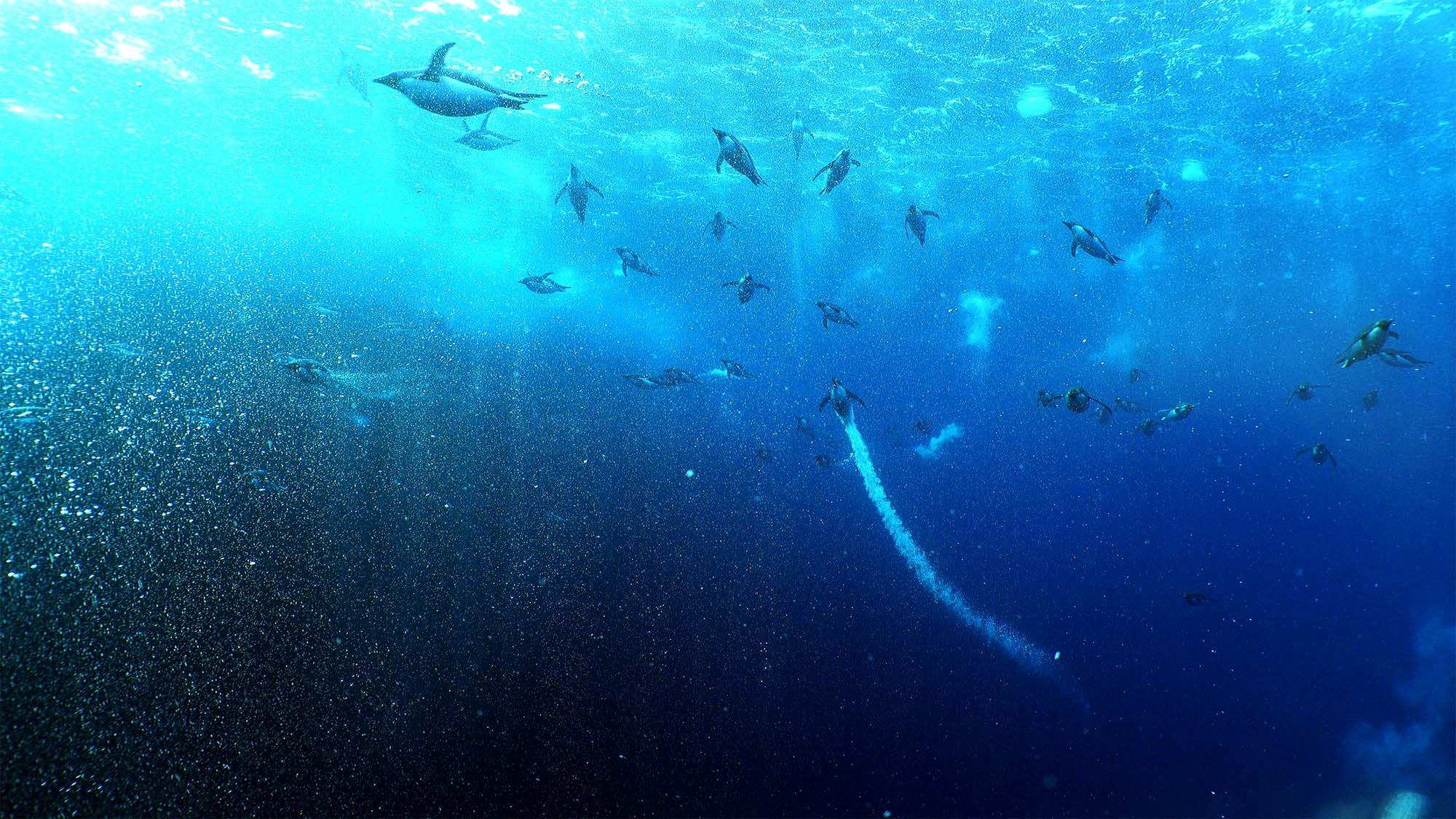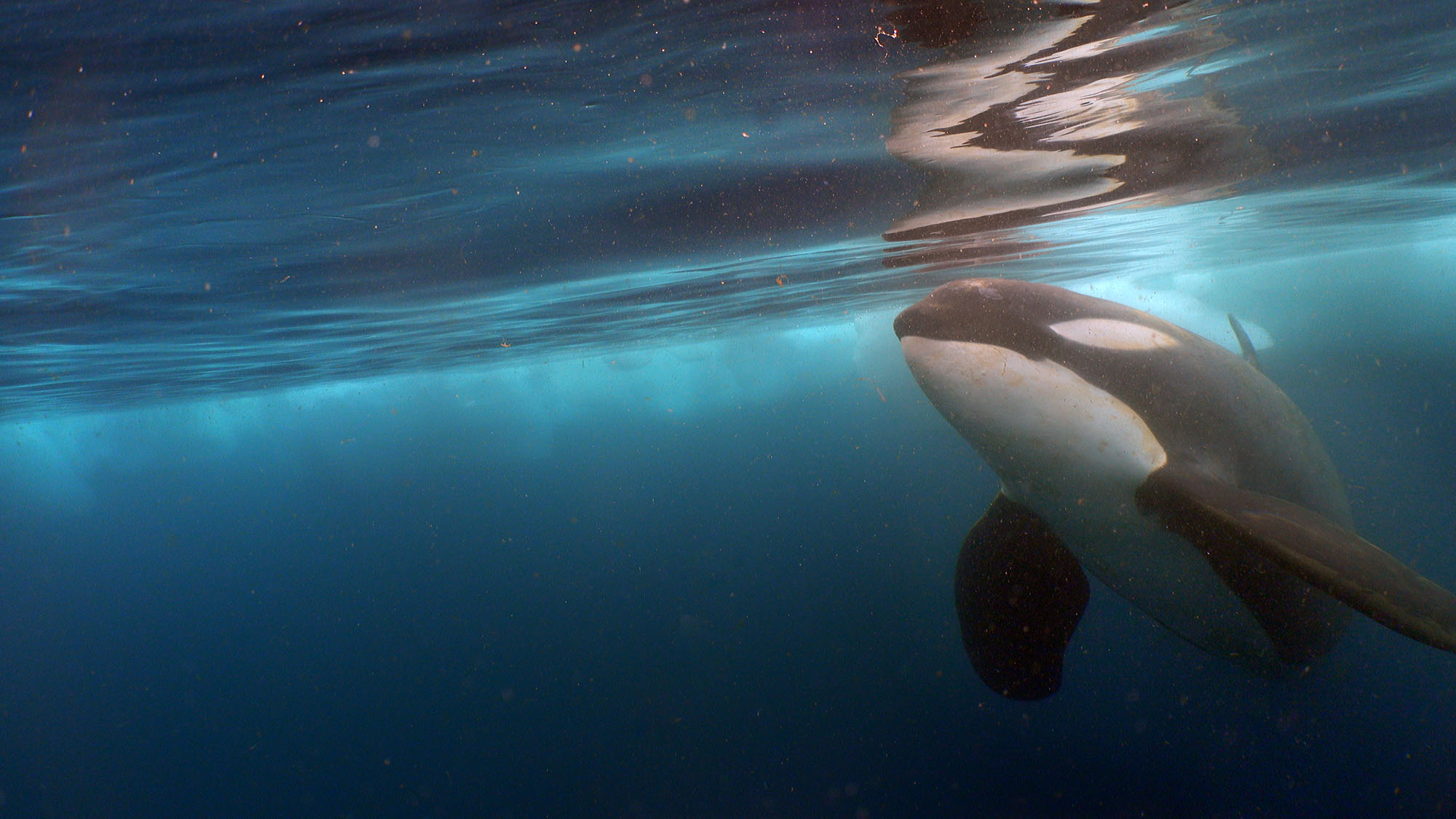RMS Niagara with Boxfish ROV: History and Confronting Environmental Challenges
RMS Niagara and its Story The tragic tale of the RMS Niagara dates back 84 years, when the trans-Pacific liner met its fate near New Zealand’s Bream Head. On June…


In an article in “Antarctic”, titled “Charismatic megafauna of Antarctica – the toothfish hunters of the Ross Sea”, Dr Regina Eisert emphasises the need to study Antarctic marine mammals in their natural environment. She discusses how new technology solutions, such as the Boxfish ROV for Marine Science, enable this type of scientific research.
Dr Regina Eisert is a research scientist who studies marine mammals, nutritional ecology, and mammalian physiology. She leads a research programme on top Antarctic predators and collaborates with academics and the government to promote understanding and protect the Ross Sea ecosystem of the Southern Ocean.
For seals, whales, and penguins, this means developing technological solutions for studying them in their true home, the Southern Ocean. Two promising solutions are the development of high-performance remotely operated vehicles (ROV), such as the Boxfish ROV we used on our 2018-19 expedition to McMurdo Sound.
Dr Regina Eisert – Antarctic


The value of flagship species such as whales, seals, and penguins is immense, not just for scientific research but also for raising awareness for marine conservation and for promoting the responsible stewardship of one of the last wild places on Earth.
Dr Regina Eisert – Antarctic
Download the pdf to read the article in full and view more images of Type-C killer whales, Adelie penguins and Weddell seals captured using a Boxfish ROV.
RMS Niagara and its Story The tragic tale of the RMS Niagara dates back 84 years, when the trans-Pacific liner met its fate near New Zealand’s Bream Head. On June…

The 2024 Hi-Tech Awards saw an unprecedented number of entries from a diverse range of technology sectors across New Zealand. David Downs, Chair of the Hi-Tech Trust, emphasized the growing…
